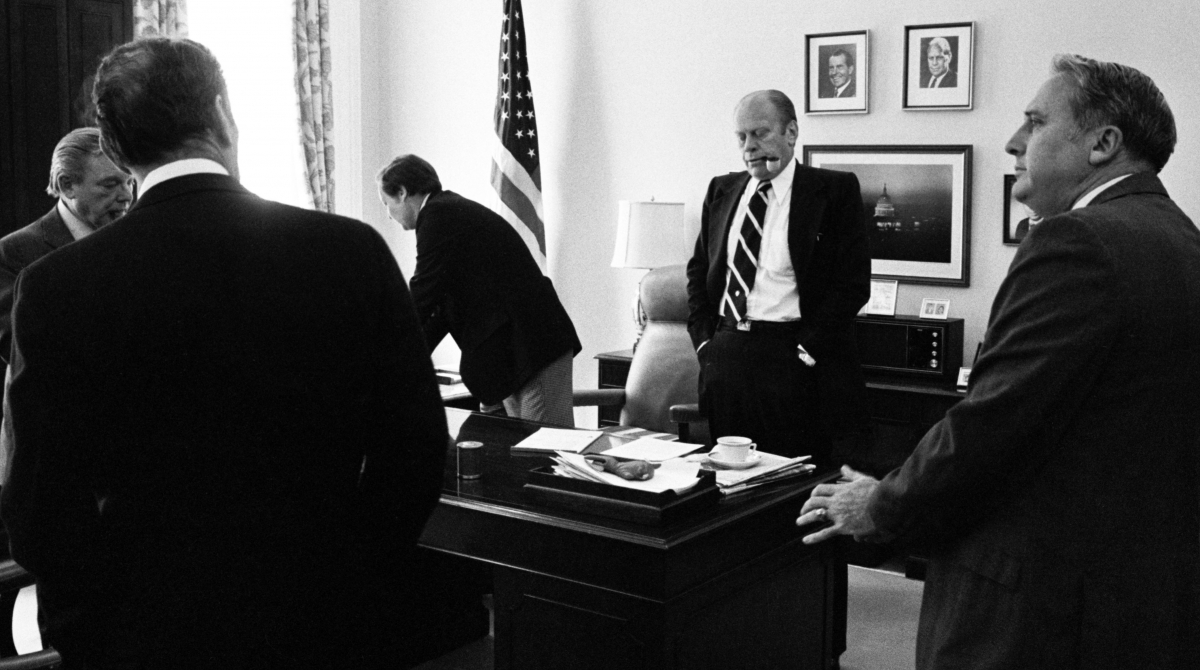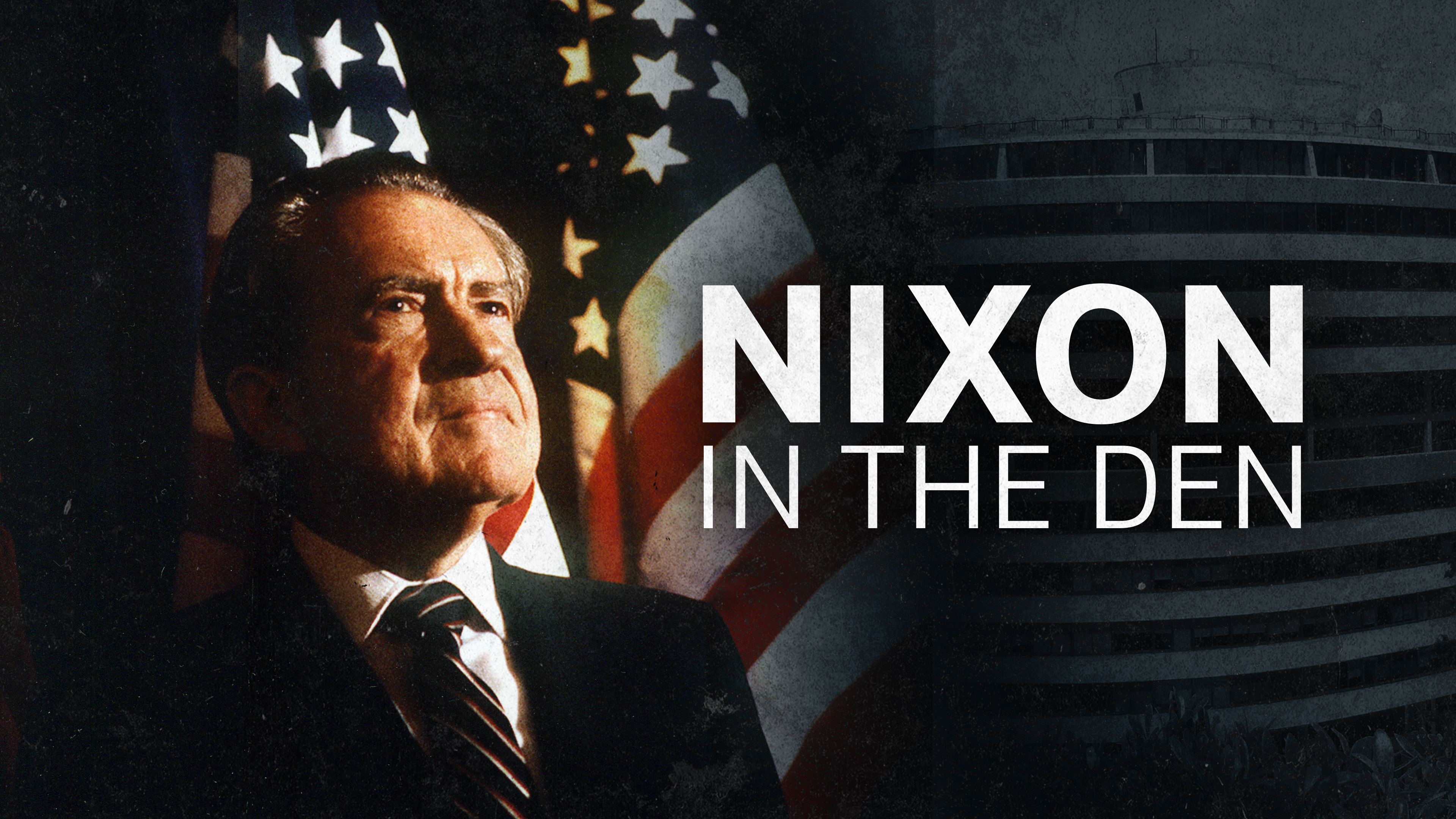President Nixon resigned in 1974 after the Watergate scandal exposed a cover-up, marking a historic loss of public trust in U.S. leadership.
◊
It has been just over half a century since Richard Milhous Nixon became the first and only president in United States history to resign from office on August 9, 1974. His resignation was the dramatic conclusion to the Watergate scandal, a complex web of political espionage, abuse of power, and cover-ups that ultimately shattered public trust in his presidency.
The scandal began on June 17, 1972, when five men were arrested for breaking into the Democratic National Committee headquarters at the Watergate office complex in Washington, D.C. Initially dismissed as a minor burglary, the incident quickly led to a major political scandal as investigations revealed links between the burglars and Nixon’s re-election campaign, known as the Committee to Re-elect the President (often mockingly called "CREEP").
As reporters, most notably Bob Woodward and Carl Bernstein of the Washington Post, dug deeper, they uncovered a widespread campaign of political sabotage and intelligence-gathering orchestrated by Nixon’s allies. Congressional investigations and an independent special prosecutor added further pressure. In 1973, former White House counsel John Dean testified before the Senate Watergate Committee, directly implicating Nixon in the cover-up.
A historian takes a fresh look at the career and presidency of Richard M. Nixon in this probing MagellanTV documentary.
The turning point came with the discovery of a secret taping system in the Oval Office. Ironically, Nixon had recorded many conversations, believing it would help him later with historical documentation or legal issues. These tapes became the key evidence in proving Nixon's involvement in obstructing justice.
Nixon initially refused to hand over the tapes, citing executive privilege, but the Supreme Court unanimously ruled in United States v. Nixon (1974) that he must surrender them. When the tapes were finally released, they contained the infamous "smoking gun" conversation from June 23, 1972, in which Nixon instructed his chief of staff, H.R. Haldeman, to use the CIA to block the FBI’s investigation into Watergate.
This revelation eroded what little support Nixon had left, even among his closest political allies. Facing near-certain impeachment and conviction by Congress, he chose to resign.
On the evening of August 8, 1974, Nixon addressed the nation on television. In his speech, he said, "I have never been a quitter," but he acknowledged that his political support in Congress had eroded and that he could no longer govern effectively. The next morning, he left the White House by helicopter, offering a brief wave before departing. Vice President Gerald Ford was sworn in shortly thereafter, famously declaring, “Our long national nightmare is over.” A month later, on September 8, Ford formally pardoned Nixon for any crimes he might have committed as president.
 President Ford standing at his desk in the Oval Office immediately after signing the pardon of Richard Nixon (Credit: David Hume Kennerly, via Wikimedia Commons)
President Ford standing at his desk in the Oval Office immediately after signing the pardon of Richard Nixon (Credit: David Hume Kennerly, via Wikimedia Commons)
Nixon’s resignation was a profound moment in American history. It marked a rare instance of accountability at the highest level of government, reinforcing the principle that no one, not even the president, is above the law. The Watergate scandal permanently altered the relationship between the press, the presidency, and the American public, ushering in a new era of political skepticism and journalistic scrutiny.
Though Nixon sought to rehabilitate his image in the years following his departure, his resignation remains a defining symbol of political scandal and the power of democratic institutions to uncover the truth.
Ω
Title Image: Nixon with his family announcing his resignation (Credit: Marion Doss, via Wikimedia Commons)
.jpg)
.jpg)
